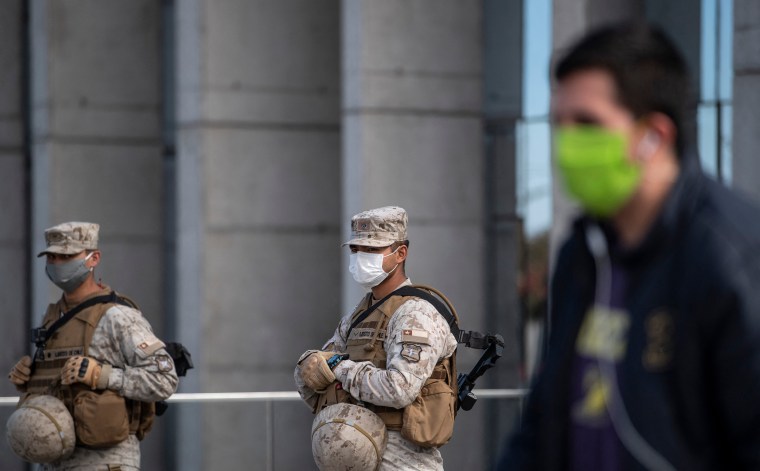Miami, April 15, 2021—The Committee to Protect Journalists expressed concern today over the findings of an April 9 report by the Chilean nonprofit news site Center for Investigative Journalism (CIPER) that Chile’s army appears to have allegedly monitored journalists covering corruption and human rights abuses.
CIPER’s report is related to the ongoing September 2019 investigation by the Chilean prosecutor’s office into whether the army broke the law by allegedly surveilling journalist Mauricio Weibel, now a CIPER contributor, as he was reporting on the army for a book in 2016, as CPJ documented. In 2019, the army referred CPJ to a statement denying any wrongdoing in the alleged surveillance of Weibel.
According to CIPER’s report, in the course of the prosecutor’s office investigation, an officer from the Military Intelligence Directorate (DINE) admitted to requesting personal information on Weibel from the website of the Chilean civil registry; an IP address used for that query was also used to request information on five other reporters and their families.
“In a country like Chile, with a long and troubling history of state surveillance, this report that actors within the Chilean military may have sought personal information about investigative journalists is deeply concerning,” said CPJ South and Central America Program Coordinator Natalie Southwick, in New York. “Chilean authorities should immediately open a transparent investigation into these allegations and ensure journalists are able to report on topics of public interest without fear they may be targeted by the subjects of their investigations.”
In addition to Weibel, the report identified the five journalists who were allegedly monitored as Pascale Bonnefoy, Juan Cristóbal Peña, Santiago Pavlovic, Danae Fuster, and Javier Rebolledo. CPJ reached four of the five journalists over messaging app and they all confirmed that they were investigating the army for news reports or book research at the time of the alleged monitoring between 2013 and 2016. CPJ was unable to locate information for the fifth journalist, Pavlovic. All five were freelancers at the time of the alleged monitoring.
The requested information included birth and marriage certificates and information on spouses and children, CIPER’s report said. The Civil Registry’s website allows for anyone to request background information on any Chilean citizen.
“We don’t know how long the monitoring lasted or if it is still ongoing,” said Bonnefoy, who said she had sent records requests to the army for a book she was writing about the army’s use of the Chilean national stadium as a prisoners’ camp in 1973.
The investigation by the prosecutor’s office into the alleged surveillance operation into Weibel has now been expanded to include the new allegations of monitoring of the five journalists, according to CIPER.
CPJ reached out to the Chilean army but did not receive a reply. CIPER published a response from the army’s communications department saying that, in compliance with the law, it is “not allowed to refer to matters that have a reserved nature and that are part of an investigation by the courts.”
After publication, the North Central metropolitan prosecutor’s office responded to CPJ’s request for comment via email confirming that it is investigating the allegations of monitoring, along with a team from the anti-corruption brigade of the investigative police. The prosecutor’s office said it cannot provide additional information as the investigation is ongoing.
Editor’s note: The 10th paragraph has been updated with a response from the North Central metropolitan prosecutor’s office.
